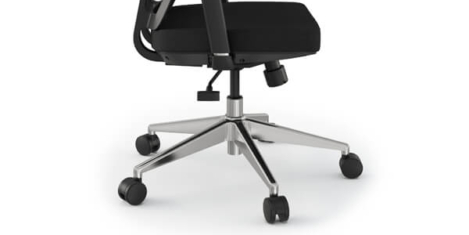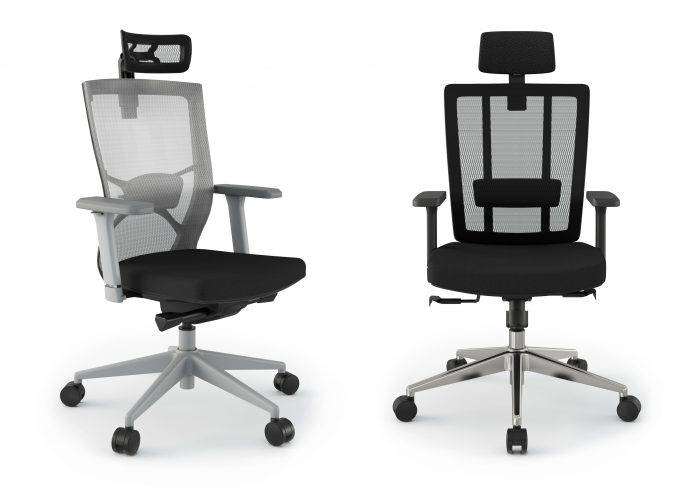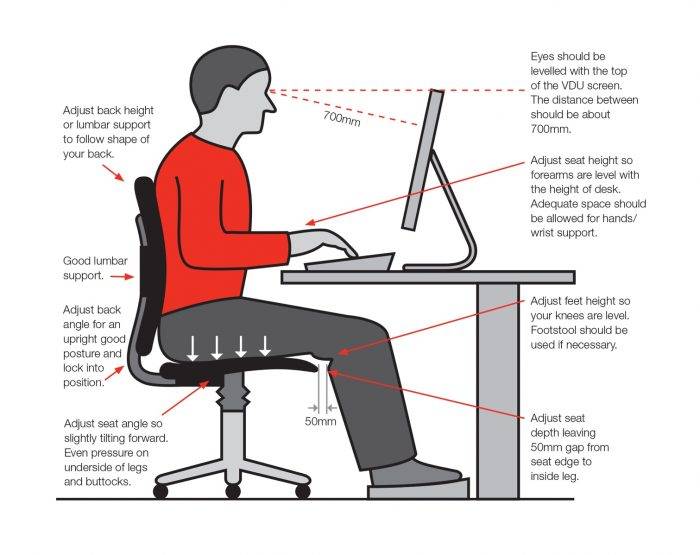February 7, 2019
Sleeping on the job: the cultures of sleep and napping from around the world
 There’s a pretty well proven link between lack of sleep and negative emotion, but is catching 40 winks whilst at work a proven solution? Research from the National Sleep Foundation (NSF) suggests that lack of sleep can have a negative impact on emotion. Could naps of 20-30 minutes make for a more productive workforce, and have a positive impact on mood, concentration and attention? Following the findings that loss of sleep could be costing the UK £40bn a year, is it time to make a change to our sleeping habits? To find out, Brother has produced a study of the eight sleeping customs from around the world, and explored how they could have a positive impact on people and businesses.
There’s a pretty well proven link between lack of sleep and negative emotion, but is catching 40 winks whilst at work a proven solution? Research from the National Sleep Foundation (NSF) suggests that lack of sleep can have a negative impact on emotion. Could naps of 20-30 minutes make for a more productive workforce, and have a positive impact on mood, concentration and attention? Following the findings that loss of sleep could be costing the UK £40bn a year, is it time to make a change to our sleeping habits? To find out, Brother has produced a study of the eight sleeping customs from around the world, and explored how they could have a positive impact on people and businesses.





































January 31, 2019
Get ready for the next wave of technological innovation, or get left behind
by Bruce Barclay • Comment, Facilities management, Property, Technology
(more…)